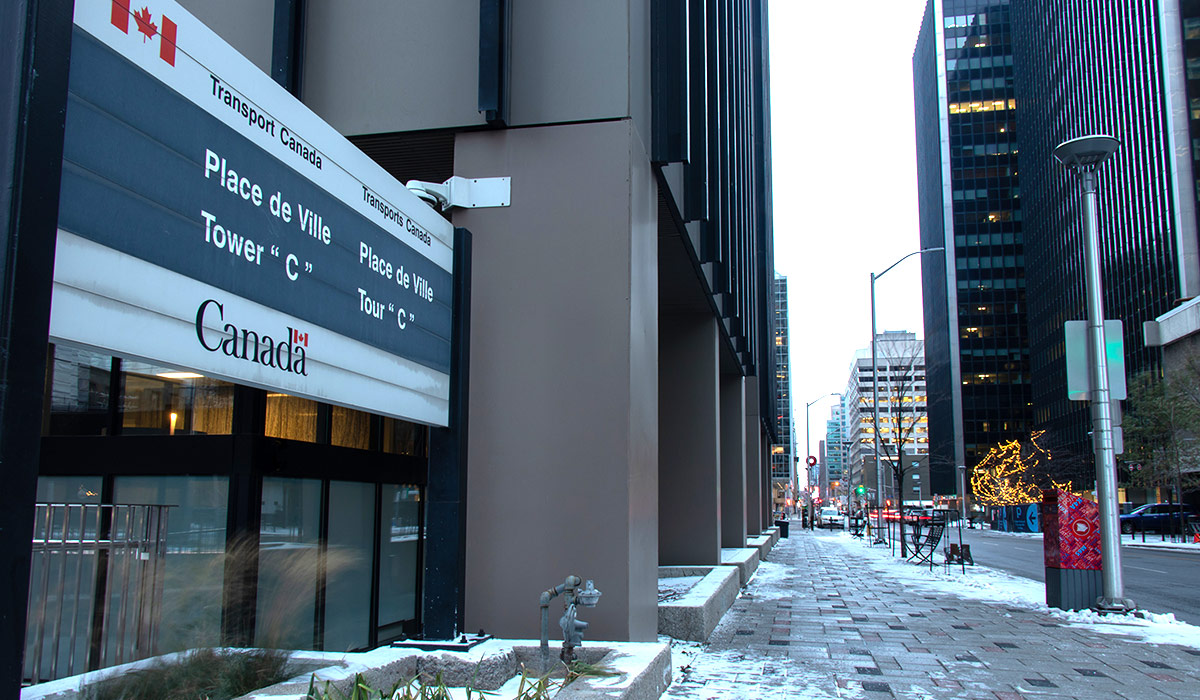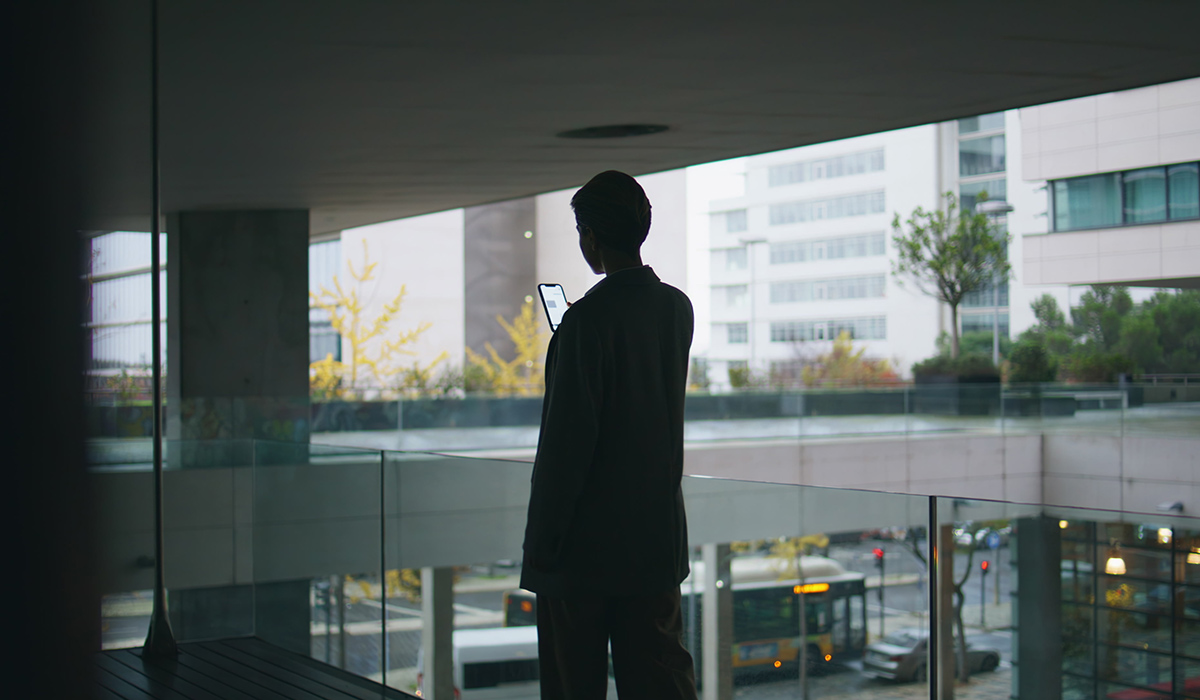Whistleblowers shed light on problems that would otherwise remain in the shadows, alerting us to dangers to the public and abuses of public funds.
While vital to a thriving democracy, whistleblowing can come at great personal cost, including losing one’s job, getting hit with retaliatory lawsuits and even threats of violence.
Though Canada tends to see itself as a beacon of democracy and justice, legislative protections for whistleblowers are surprisingly slim and lag many other countries in the world.
Carleton University researchers Paloma Raggo and Ian Bron want to change that, and are using research and advocacy to push Canada to catch up to its peers.

For Raggo it all started when Carleton graduate student Pamela Forward approached her with a desire to dig into how Health Canada mismanaged a dangerous medication, leading to years passing and numerous casualties before any action was taken. “It was a story centered around a whistleblower,” says Raggo.
“Whistleblowing is a mechanism for accountability,” says Raggo, the Director of the Charity Insights Canada Project at Carleton.
“It tells you who is responsible for issues, and who should fix them.”
For Forward, whistleblowing wasn’t just a topic of study, it was a passion. In 2019, she spearheaded the creation of the Whistleblowing Canada Research Society (WCRS), which seeks to research, inform, educate and raise awareness about the challenges whistleblowers face in Canada. Raggo was a founding member of WCRS, and currently sits on its board of directors.
“Already, WCRS has had a huge policy impact,” says Raggo. “There has been a private member’s bill and reforms to legislation are in the offing in which WCRS played a major role.”
Changes in Organizational Culture Can Usher in Greater Transparency
While some reforms appear imminent, there are relatively few supports for whistleblowers in Canada. Lawyers often decline whistleblowing cases, and there are no funds available to support their legal cases.
But better awareness of whistleblowing’s benefits could help, and educating people is an ongoing challenge, according to Ian Bron, a PhD graduate from Carleton’s School of Public Policy & Administration and chair of WCRS’s Advisory Board.
“It is an offence to make a reprisal against someone who brings forward concerns, but in practice, this is next to impossible to enforce,” says Bron, whose dissertation identified glaring flaws in Canada’s protections.
“Whistleblowers are often ostracized, denied training or given poor performance reports. They are sometimes even fired or blacklisted.”
Bron lived through reprisals at Transport Canada, where he was ostracized and investigated after blowing the whistle on favouritism in his unit and failures to enforce transportation security regulations in the maritime sector. But Canadians benefit from knowing when regulatory bodies are being unduly influenced, and he believes that educating people about the benefits of whistleblowing could help ameliorate the challenges whistleblowers face. It shouldn’t be viewed as threatening, he argues.

“Governments are typically bound by their own institutional norms, and these norms can create barriers to whistleblowing,” he says. “Incentives play a major role. Many executives perceive that if something bad happens on their watch, it will impede their career. As a result, they may give the impression they don’t want anybody stepping out of line, and don’t want to know about problems.”
Civil society groups like WCRS have an important role to play in educating organizations and legislators. Academics can conduct research into whistleblowing, which helps determine what a law should contain.
Bron’s research studied whistleblowing in Canada, the UK and Australia, and he believes that the Australian approach could yield lessons for Canada. In 2005, Australia’s state and commonwealth governments participated in a major study about how disclosures of wrongdoing were handled. And academia and civil society groups played a significant role in shaping its whistleblower protection laws.
“If you can get that level of cooperation,” says Bron, who is also a senior fellow at the Toronto Metropolitan University Centre for Free Expression Whistleblowing Initiative.
“You can work with organizations to change attitudes.”
Disparities and Obstacles Faced by Whistleblowers in Canada
While whistleblower research at Carleton is shedding light on challenges, there is more to be done. WCRS relies heavily on Forward’s tireless efforts and has much more limited resources than civil society organizations in other countries.
In the United States, the Government Accountability Project is a large, well-funded NGO that supports whistleblowers and is led by lawyers. In the UK, the government provides grants to several whistleblower-focused organizations. And in Europe, the 2021 Whistleblowing Directive introduced numerous new best practices.
While there have been some improvements since whistleblowing legislation was introduced two decades ago, Canada has not kept pace overall. This is both alarming and an ongoing threat to democracy.
“It is a difficult area to obtain support and funding,” says Raggo.
“You have to navigate through the credible and the incredible cases, just to find the facts. You’re working with people who have been profoundly hurt by a system. It takes a lot of resources and a lot of time.”
